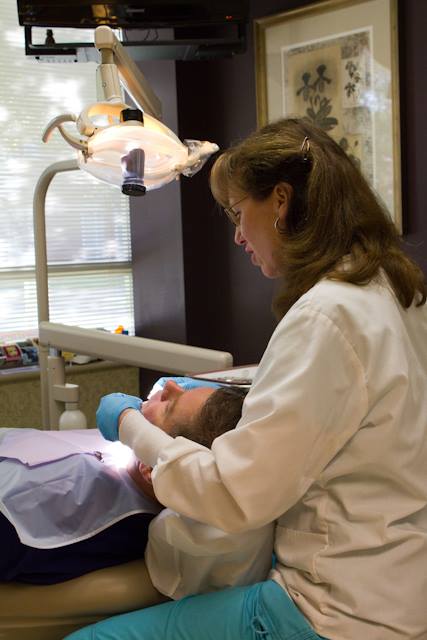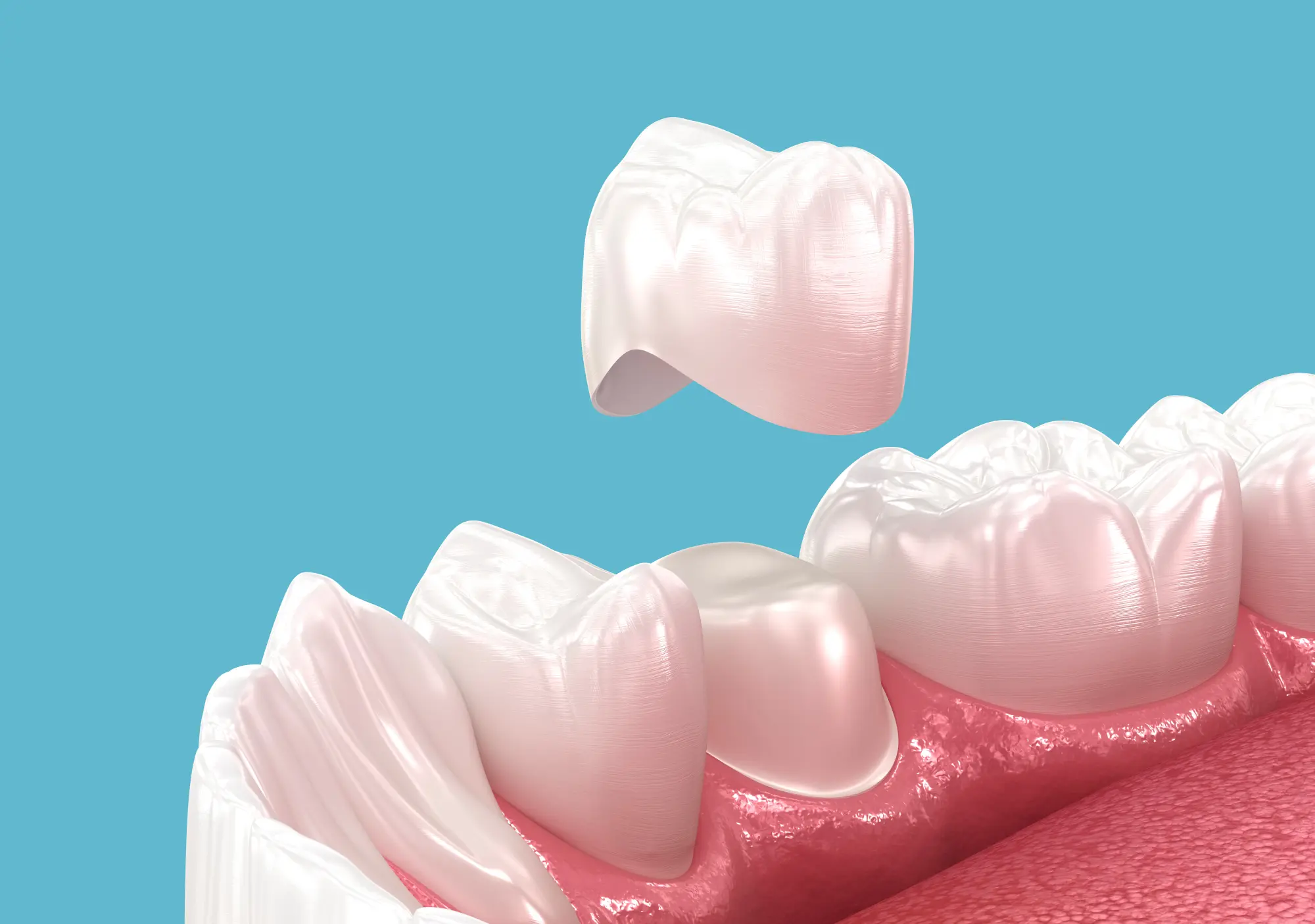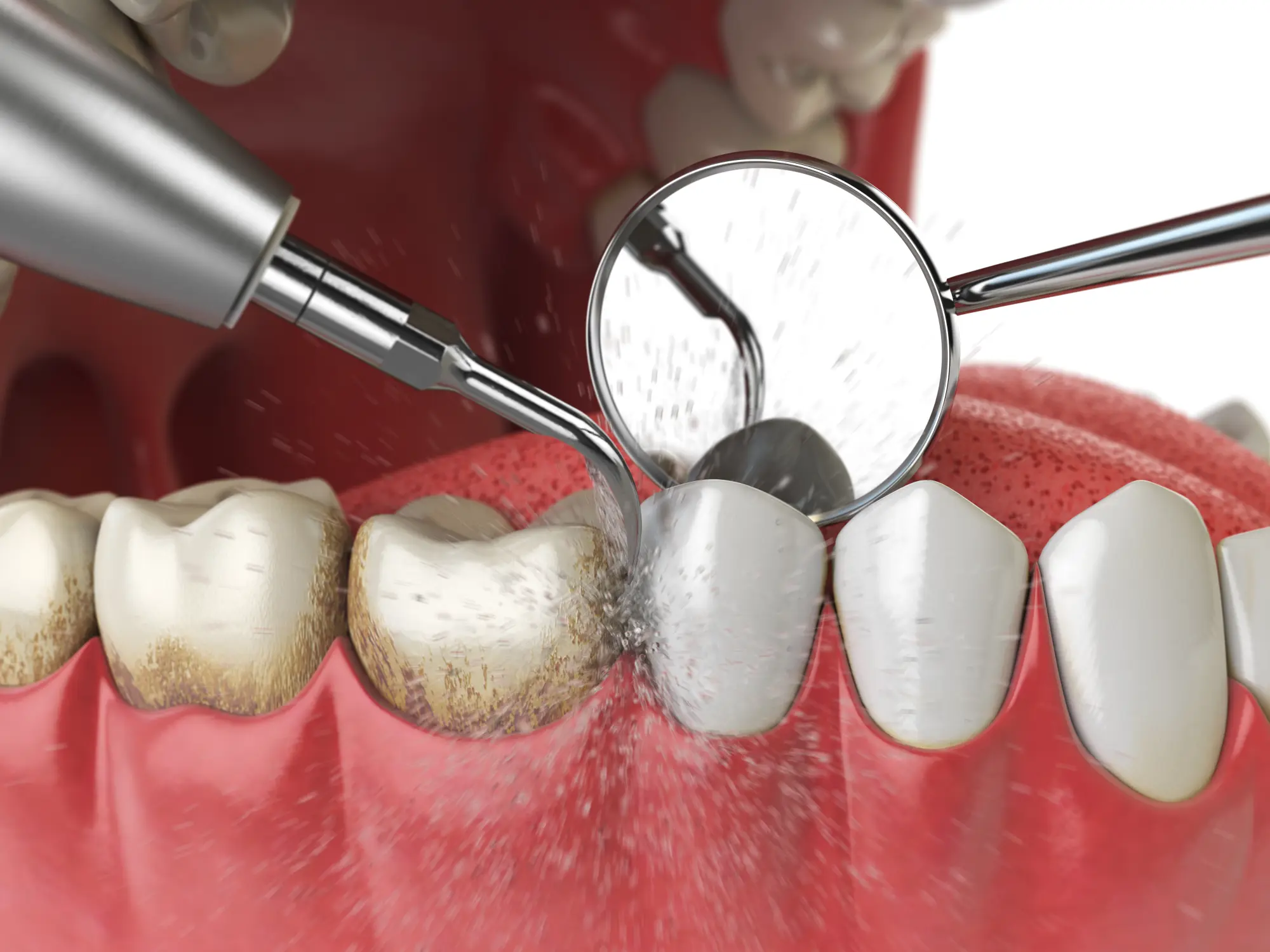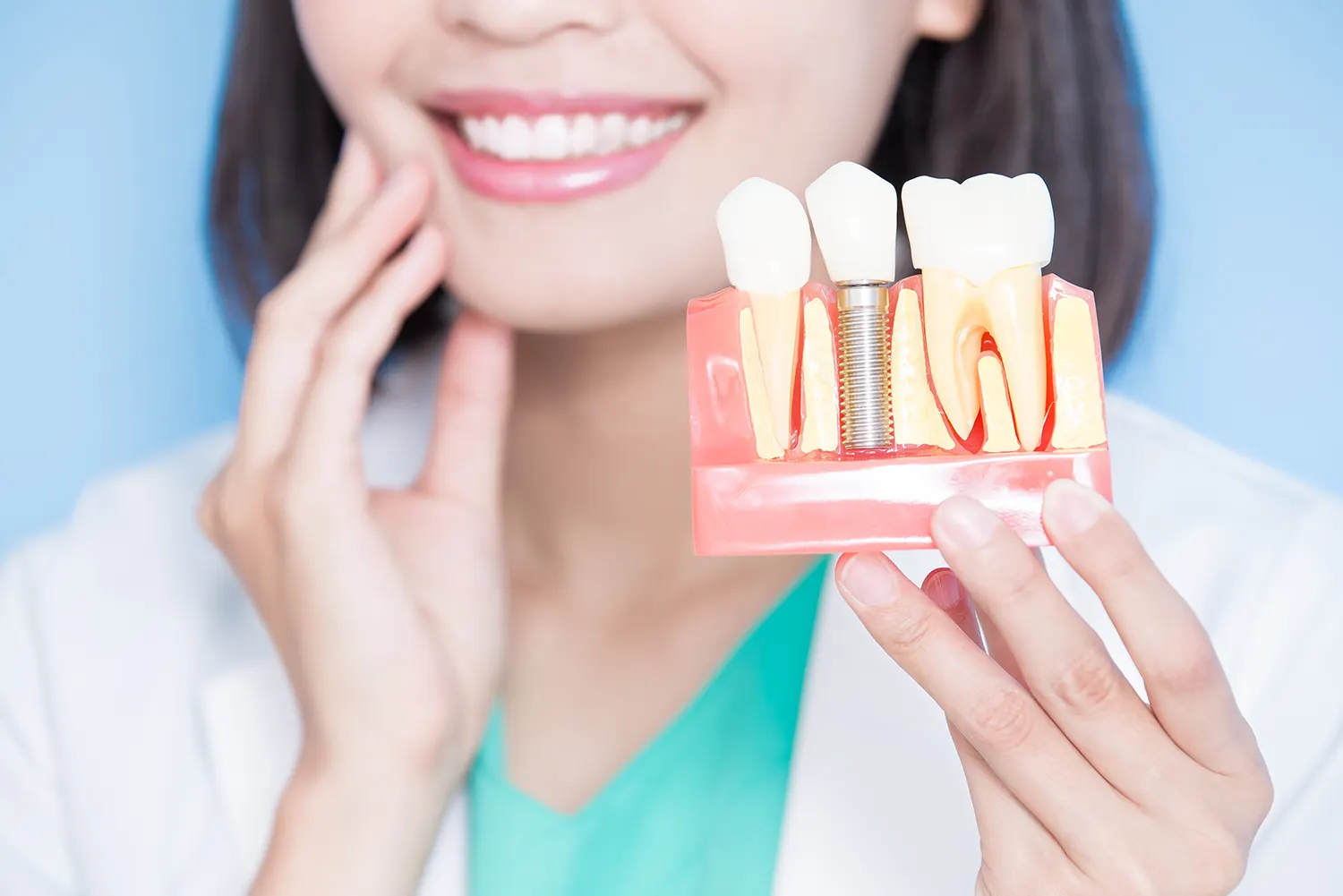

If you’ve ever dealt with stress for more than the few a days or hours before a big job interview or other event, you know that it can negatively impact your body. People under stress experience head and body aches, struggle to maintain a typical sleep schedule, and are often at greater risk for health issues as the immune system is overtaxed in bodies with an elevated level of stress. Unfortunately, your smile isn’t immune to stress either. For many people, oral health issues related to stress are found during regular preventive dentistry visits, and for some, this is a wakeup call that encourages them to make some changes in their daily life and reduce stress levels. Some stress can’t be avoided, but the long term impact on oral and overall health can be detrimental. If you’re experiencing high levels of stress at home, work, or school, finding different ways to manage your stresses may be an important part of protecting your smile and overall health. In this blog, we review some of the common oral health conditions diagnosed in people who are under stress.
Stress Chewing Habits
If you chew on your nails, pen caps, ice chips, or other hard objects when you’re under stress, you need to kick this habit right away. Chewing on hard objects significantly increases your risk for chipped, cracked, and broken teeth.
Stress Eating & Drinking
Many people eat or drink when they’re stressed, and most people don’t consume kale chips and water. Instead, people under stress often turn to sugary sweets, salty snacks, and acidic alcohol. These foods play a role in poor oral health, increasing risk for cavities and gum disease caused by the additional buildup of plaque and tartar in the mouth. While a nice glass of wine and a candy bar may seem like just what you need after a long, stressful day, it’s not necessarily what your body needs. You don’t have to give up your delicious reward for making it through the day, but we recommend making some changes in how you consume these treats. Try not to sip your glass of wine or munch on sweet snacks all night. Instead, choose a serving of wine and a treat you can consume within an hour. Then, switch to water, or if you have your treat right before bed, make sure to brush and floss before you go to sleep.
Bruxism – Unconscious Teeth Grinding & Clenching
People who are under stress often struggle with nighttime teeth grinding and clenching. You may hear your dentists or dental team members calling this unconscious habit “bruxism.” Some people grind and clench their teeth at night whether or not they’re under stress, but for most patients, bruxism is a direct response to stress. The tension in your body translates to shifting, grinding, or clenching teeth during sleep. Unfortunately, the force behind these movements can do serious structural and cosmetic damage to teeth, leading to chips, cracks, breaks and severe shortening of the front teeth with enamel loss. Untreated, bruxism can create deeper pits and grooves in the biting surfaces of teeth that allow bacteria and plaque to accumulate in areas where it’s difficult for your toothbrush to reach. This increases risk for tooth decay and damage to the tooth’s nerve that leads to root canal. Luckily, bruxism often has a simple fix – nightguards. We offer custom crafted options that ensure comfort and smile protection. There are also store bought options that may have some benefit. By placing a protective barrier over your teeth, the smile is protected from damage caused by unintentional grinding and clenching.
TMJ Dysfunction
As a result of your nighttime (and often daytime) teeth grinding and jaw clenching, you may also experience temporomandibular joint (TMJ) dysfunction also known as TMD. The left and right TMJ are the junction of your lower jaw to your skull below each ear. When they’re working properly, the TMJ allow for smooth, easy jaw movement. When the TMJ are damaged or strained, the result is pain, limited movement, a clicking sound, locking and inflammation. For many, using a nightguard to protect teeth from bruxism alleviates their TMJ dysfunction symptoms. However, for severe cases, we may need to look into additional treatments, including specialized oral appliances that specifically treat TMJ dysfunction, physical therapy techniques, and other interventions.
Oral Sores
Oral sores, white or red ulcerations on the inside of the mouth, can have many causes such as viruses, bacteria, vitamin B deficiency, hormonal imbalances, irritation from piercings, and even sensitivities to ingredients in oral hygiene products. A healthy immune system usually prevents the sores from occurring. What many people don’t know is that the changes in the body’s function caused by elevated stress levels can also increase risk for these sores. Our team is always happy to help with oral rinses and hygiene product recommendations to decrease your risk for canker sores, but if they’re connected to stress levels, reducing stress or managing it better may be your best option.
Rarer Oral Health Concerns – Gum Infections & Burning Mouth Syndrome
Stress weakens the immune system, which increases chances for burning mouth syndrome and gum infections. You’re likely aware of gum disease and gum infections (abscesses) that can occur due to an increase in plaque buildup that may result from your overtaxed immune system’s inability to reduce the numbers of oral bacteria coupled with bad eating habits and less time spent on proper oral hygiene during times of stress.
Burning mouth syndrome may be entirely new to you. This is a complex condition that can be extremely painful if left untreated. Described as creating a burning, scalding, or tingling feeling in the mouth, this syndrome can be caused by damage to nerves that control taste, but in most cases, it’s a secondary condition related to health concerns in other parts of the body. Burning mouth syndrome has been frequently connected to acid reflux, oral infections, nutritional deficits, dry mouth, and changes in hormone production, and all of these health concerns increase at times of stress. In turn, your risk for burning mouth syndrome increases.
Visit the McCarl Dental Group Team for Stress Free Dentistry
At the McCarl Dental Group, our family’s name has been synonymous with smiles in the Greenbelt area for generations, and we have a new generation of dentists and dental hygienists continuing our tradition. We truly love caring for our patients and their families, and every one of our skilled and knowledgeable dentists and team members will go the extra mile to create a comfortable and relaxed dental care experience. If you’re struggling with stress-related oral health concerns or just need to schedule a six month dental checkup, give our family dental office in Greenbelt a call today. We look forward to hearing from you.
Latest Blog Posts

Are Same Day Crowns As Good As Traditional Crowns? A Closer Look at Your Options

How Often Should You Actually Get a Dental Cleaning?

